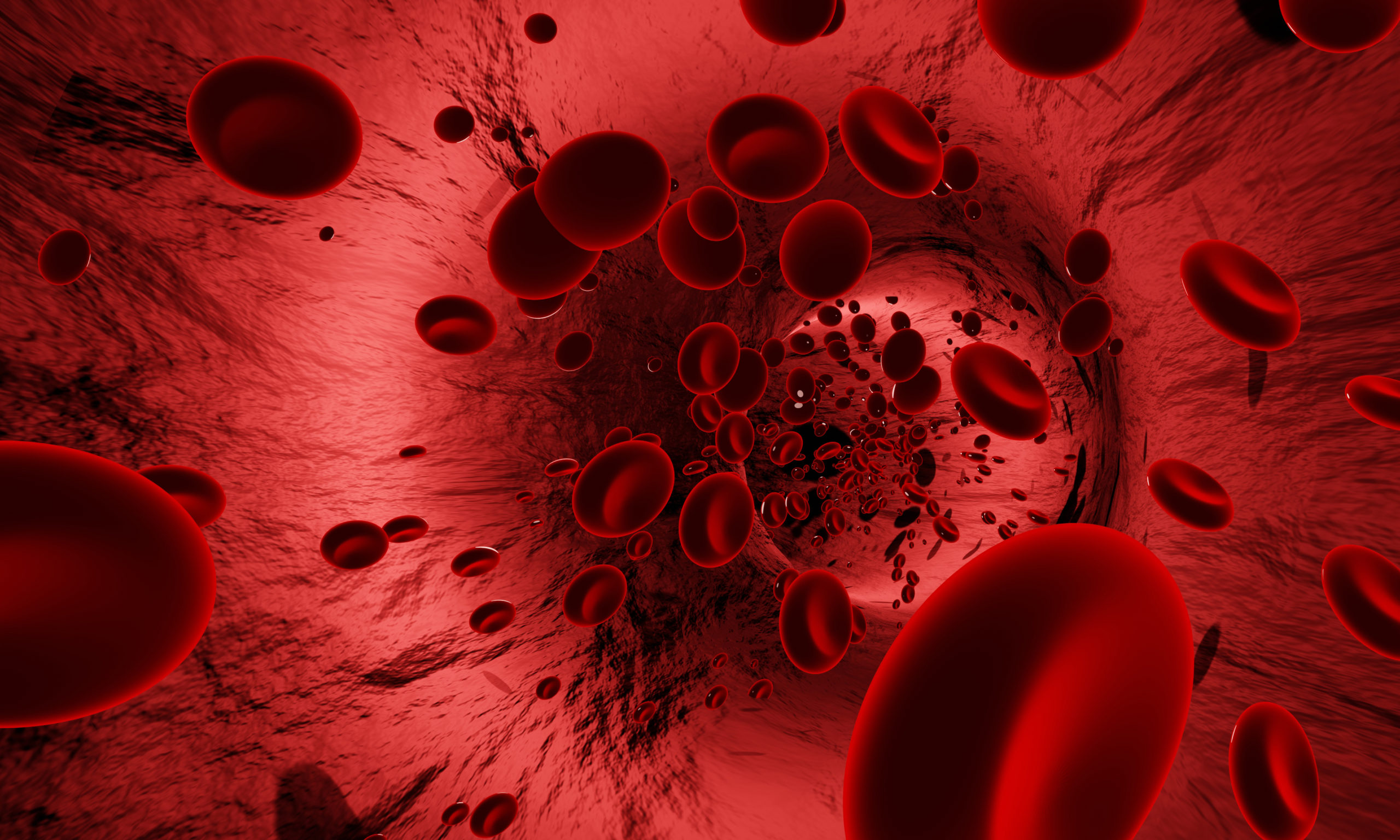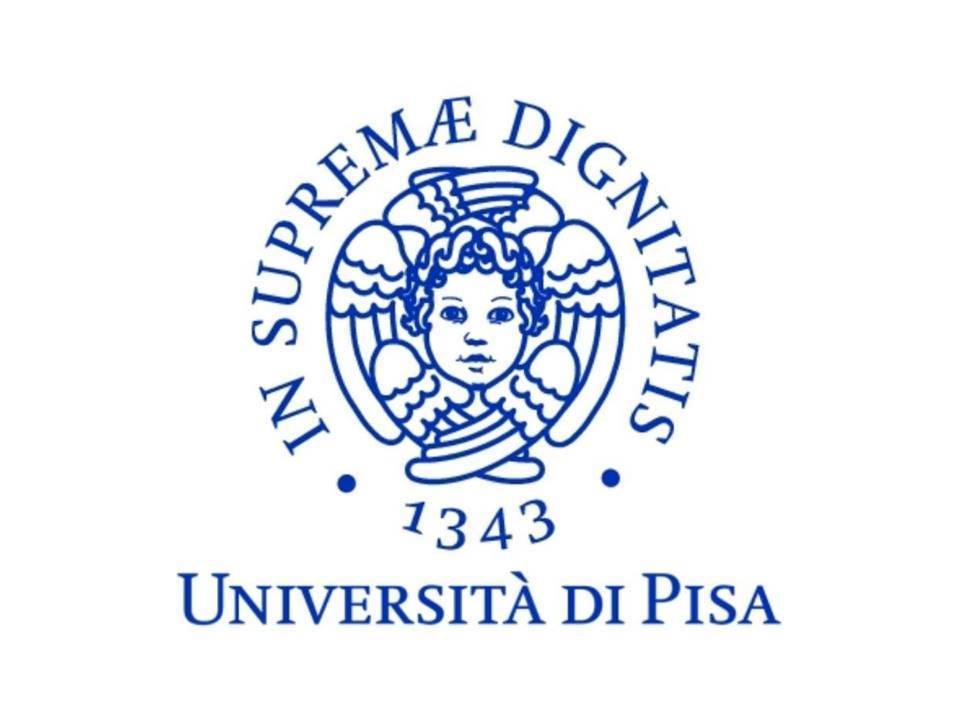
The graduate curriculum offers a comprehensive platform for students to acquire fundamental research skills in the areas of cardiovascular physiology and pathophysiology, as well as endocrine and metabolic functions. The curriculum is based on nationally and internationally recognized competencies and structures, catering to both basic and clinical research, making it ideal for translational research. The program offers a diverse range of research opportunities, including thyroid pathology, endocrine oncology, calcium-phosphorus metabolism, obesity, pituitary pathologies, and the in vitro and in vivo study of metabolic pathologies, with a particular focus on diabetes mellitus and its complications, including nephropathy. Students will also explore the interplay between the central nervous system, the gut, and energy metabolism, as well as the pathophysiology and clinical aspects of cardiovascular pathologies, including ischemic heart disease, heart failure, and arrhythmology. The program boasts a robust and well-established multidisciplinary network that allows PhD students to undertake innovative research projects using the most advanced methodologies. Furthermore, the curriculum includes tailored training activities, such as dedicated sessions and seminars, which are conducted entirely in English, to ensure that students gain the necessary skills and knowledge to excel in their chosen fields of research.
